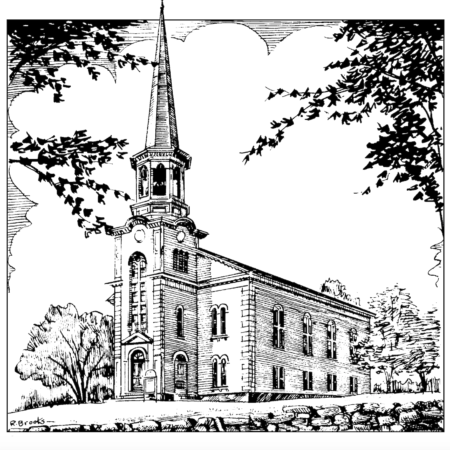Welcoming Sinners
Luke 19: 1-10
19He entered Jericho and was passing through it. 2A man was there named Zacchaeus; he was a chief tax collector and was rich. 3He was trying to see who Jesus was, but on account of the crowd he could not, because he was short in stature. 4So he ran ahead and climbed a sycamore tree to see him, because he was going to pass that way. 5When Jesus came to the place, he looked up and said to him, “Zacchaeus, hurry and come down; for I must stay at your house today.” 6So he hurried down and was happy to welcome him. 7All who saw it began to grumble and said, “He has gone to be the guest of one who is a sinner.” 8Zacchaeus stood there and said to the Lord, “Look, half of my possessions, Lord, I will give to the poor; and if I have defrauded anyone of anything, I will pay back four times as much.” 9Then Jesus said to him, “Today salvation has come to this house, because he too is a son of Abraham. 10For the Son of Man came to seek out and to save the lost.”
Historical Context
The story takes place in Jericho, at the end of the “Travel Narrative” (chs. 9:51-19:27), which contains a great deal of material found only in Luke. This is also the end of a long section which began at Chapter 15, often called the “Gospel of the Outcast,” because in one way or another, all of the characters in it are marginalized or outcasts. This section is also occasionally called the “heart” of Luke’s Gospel, because, Luke seems to reveal a deliberate attempt to show God’s concern for those human beings whom people tend to despise or condemn.
Theme: Welcoming Sinners
The response of the crowd was predictable. Luke says that “they began to mutter. ‘He has gone to be the guest of a sinner.'” Luke has returned here to one of his major themes, that Jesus “welcomes sinners” (15:2), which theme was the occasion for his three earlier stories about a lost sheep, a lost coin, and a lost prodigal son.
And so Zacchaeus defends himself before the hostile crowd. He says that he’ll give half of his possessions to the poor, and that he’ll repay fourfold all the people that he’s cheated. Read in this way, Zacchaeus is a sinner who repents and is converted on the spot.
But there’s another way to read this story in which Zacchaeus isn’t a sinner who converts but a saint who surprises. In this reading, Zacchaeus is a hidden saint about whom people have made all sorts of false assumptions about his corruption. And so he defends himself: “Lord, I always give half of my wealth to the poor, and whenever I discover any fraud or discrepancy I always make a fourfold restitution.”
The crowd had demonized Zacchaeus. Jesus praises him as “a son of Abraham.” This fits with the many times that Jesus calls out good people who are bad and commends bad people who are good. So maybe the story is not about a sinner who shocks us by repenting, but about the crowd that demonizes a person it doesn’t like with all sorts of false assumptions.


0 Comments